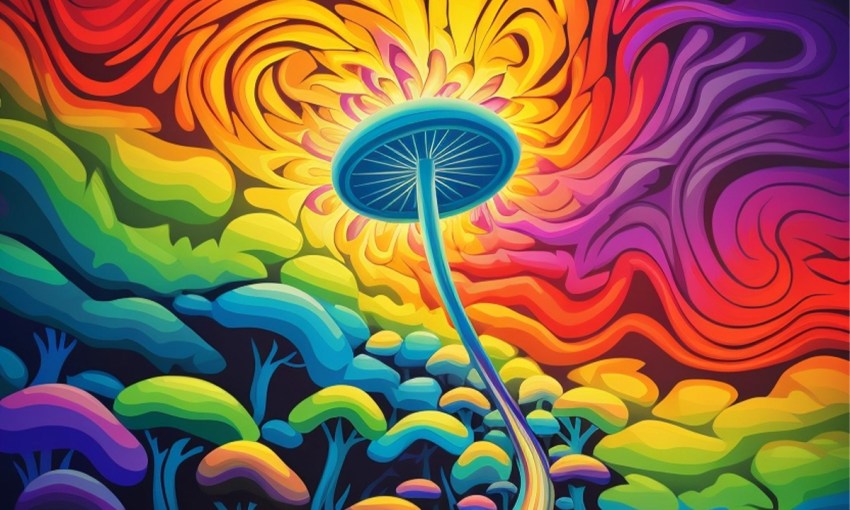Until recently, the options for treatment-resistant depression (TRD) have been less than easy. From the Herculean effort required of patients in cognitive behaviour therapy to implants for vagus nerve stimulation, what these treatments often fail to address is the underlying cause of the depression.
Tripping through a psychedelic drug trial
Clinical research into using psychedelics to treat psychiatric illnesses goes back to the 1950s. However, growing recreational use led to a social backlash and by the early 1970s, most Australian jurisdictions had implemented measures to control or prohibit their use, aligning with global trends at the time.
Research plummeted and didn’t pick up again until late last century.
For more information or to find out your eligibility for a clinical trial, log on to CMAX or contact the team on 1800 150 433.
In July this year, the psychedelics psilocybin (the active compound in magic mushrooms) and Methylenedioxymethamphetamine (aka MDMA or ecstasy) were granted TGA approval for use in augmented psychotherapy for TRD.
Now work is underway to develop pharmaceutical grade products that will produce a safe and reliable trip.
Aided by Professor Sepehr Shakib, the Consulting Medical Director at CMAX and a Professor of Clinical Pharmacology at the University of Adelaide, we step you through psychedelic drug trials.
Why psilocybin and MDMA?
Both drugs can help to break rigid thought patterns and aid in neuroplasticity and rewiring of the brain. As well, psilocybin has been shown to help patients access subconscious thoughts, while the feelings of emotional closeness and decreased anxiety that result while taking MDMA can also help patients process traumatic memories in a therapeutic setting.
Impact on the brain
While it’s not fully understood how it works, Sepehr says psilocybin provokes a release of serotonin. Sepehr says that psilocybin acts on serotonin in the brain, which has been known to elevate mood. For people with TRD, PTSD or anorexia, it’s thought their default mode circuit (or way of thinking) is stuck on repeat, and psilocybin also helps disrupt this. MDMA, he says, primarily affects the release and reuptake of neurotransmitters such as serotonin, dopamine and norepinephrine. One result is an increased feeling of euphoria.
Healthy participants
Participants in trials like these need to be physically and mentally healthy. They’ll be screened by a psychologist or psychiatrist beforehand, who’ll also be there during the dosing and for follow ups. Sepehr says this is because the experience may bring up buried issues, childhood memories or emotions. “It’s really important that if they feel the need to talk to someone, someone’s available,” Sepehr says.
Clinical trials
CMAX’s clinical trials in October and throughout next year will look at various psilocybin compounds (either synthetic or purified derivatives of shrooms), dose levels and methods of delivery (pill or intravenously) and the participants’ resulting hallucinogenic experiences. Similar trials using MDMA-like compounds may also be conducted.
The Mystical Experience Questionnaire
Sepehr says the trials usually include a question sheet and this particular one “has obviously been written and developed by people who have had mystical experiences”. Join a trial and you’ll likely be asked to rate your psilocybin or MDMA-induced experiences of the insight that ‘all is one’ and unity with ultimate reality. If that’s too mind blowing, skip ahead to feelings of joy.
Pharmaceutical development
“With most psychedelics administered orally, you have to wait up to an hour and then the effect lasts many hours,” Sepehr explains. “One of the things pharma is exploring is being able to have the onset of the effect within 5 to 10 minutes and have it last for about an hour in a very predictable way. He says upcoming trials will also test lower doses that may help with depression and anxiety “but don’t actually result in a full-blown hallucination”.




